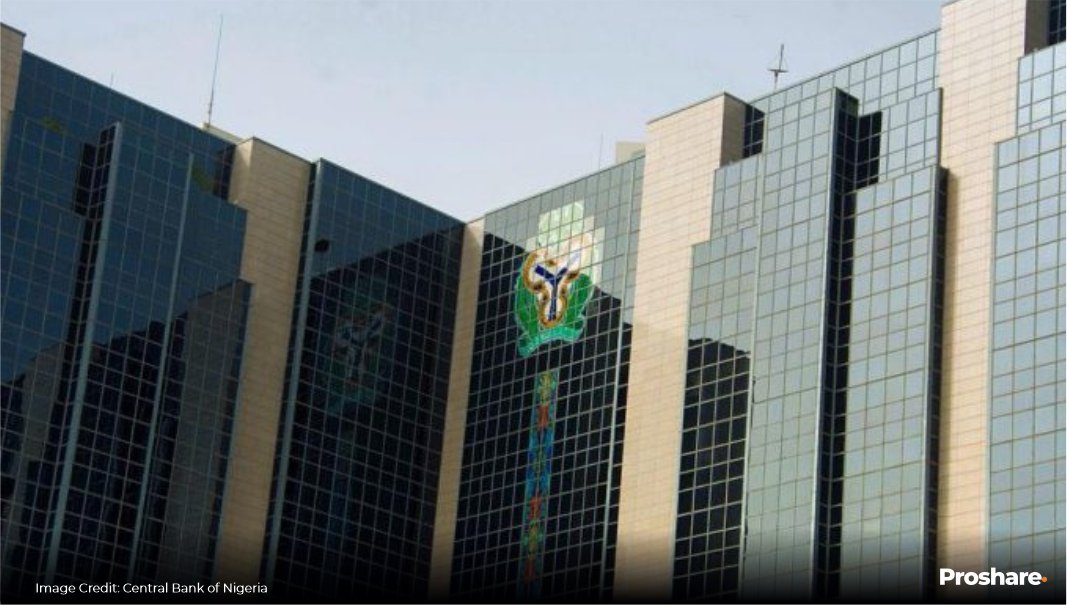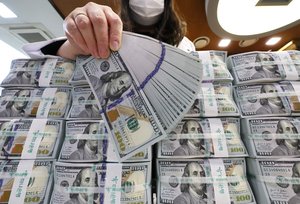By Chinwendu Obienyi
The Central Bank of Nigeria (CBN) has announced revised foreign exchange rates, reflecting recent shifts in the value of the naira against major global currencies. According to updated data on the CBN’s website on Monday, the naira witnessed a slight decline in value against the pound sterling, settling at N2,035/£1, a marginal drop of N1.82 compared to Thursday’s rate of N2,033/£1.
In addition, the naira showed a minor depreciation against the U.S. dollar at the official Nigerian Autonomous Foreign Exchange Market (NAFEM) window. Data from the FMDQ Securities Exchange revealed that on Friday, the naira closed at N1,579.89/$1, down slightly from the previous rate of N1,575.82/$1. Despite this fluctuation, by the close of business on Monday, the naira had stabilized at N1,579.22/$1 at the NAFEM window.
The euro, on the other hand, saw a slight appreciation against the naira, trading at N1,735.8/€1, up from the previous day’s rate of N1,737.69/€1.
In the parallel market, where the naira traditionally trades at a less favorable rate, traders confirmed the ongoing pressure on the currency. Abdullahi Bashorun, a black market operator, noted that the dollar was being sold at N1,595 while it was being bought at a rate of N1,580 to N1,585. Bashorun explained that exchange rates in the parallel market continue to fluctuate based on the availability of foreign exchange. “This is a new week, so the rate could change depending on how much FX is available. We just follow the market trends and adjust our rates accordingly,” he said.
In response to the increasing demand for foreign exchange by banks, the CBN also announced the reintroduction of the Retail Dutch Auction System (rDAS). This system allows the central bank to auction foreign exchange to authorized dealers who present legitimate demands.
The move is aimed at providing liquidity and stabilizing the foreign exchange market amidst growing concerns over the naira’s volatility.
The reintroduction of the rDAS system comes as Nigeria continues to grapple with the broader implications of its currency devaluation, which has led to increased pressures on both the official and parallel markets. By seeking to manage legitimate demand through controlled auctions, the CBN hopes to bring some stability to the forex market and ensure a more balanced distribution of foreign currency reserves across the banking sector.
As Nigeria navigates the turbulent economic times, the ongoing fluctuations in the exchange rates highlight the delicate balance between maintaining currency value and meeting the growing demand for foreign exchange. The CBN’s actions will be closely watched as the nation’s economic landscape continues to evolve.





